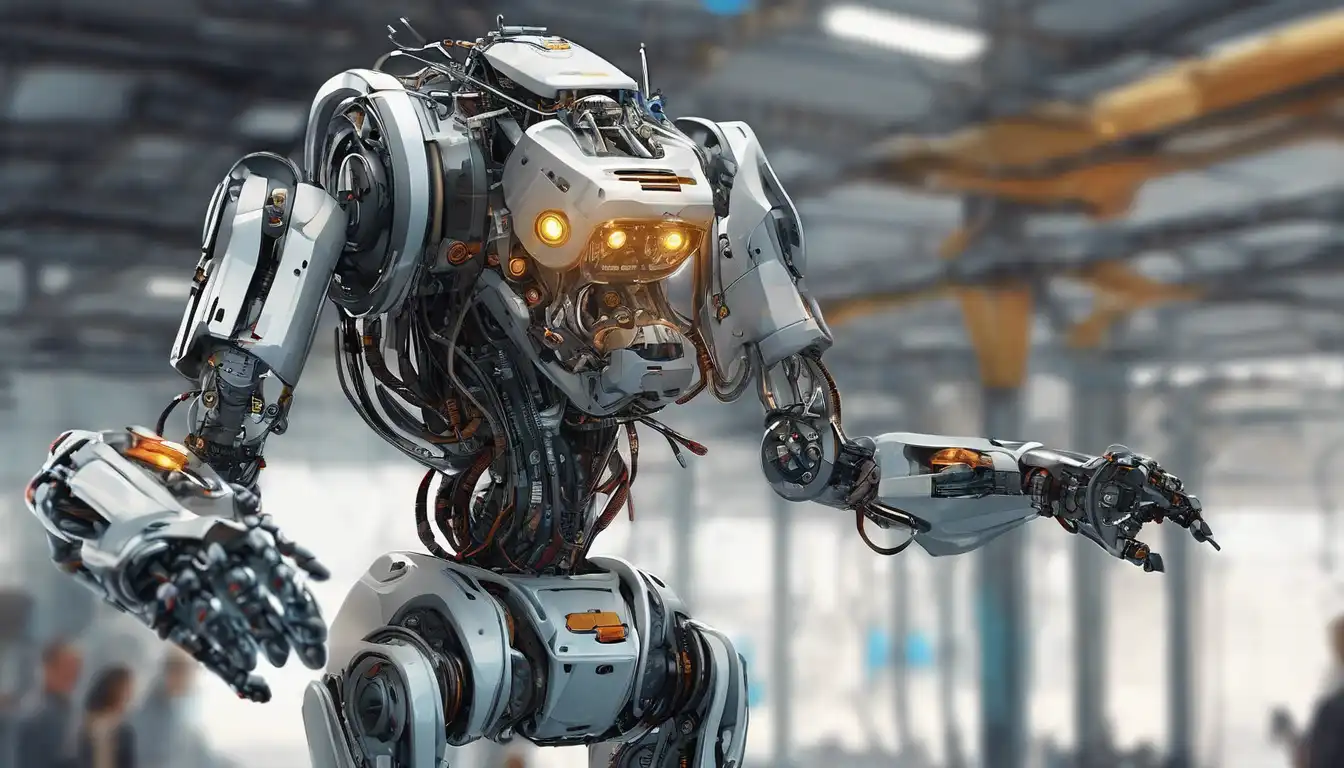The Dawn of Robotics: A Technological Revolution
In the realm of modern technology, robotics stands as a towering testament to human ingenuity and the relentless pursuit of innovation. This field, which seamlessly blends engineering, computer science, and artificial intelligence, is reshaping industries, enhancing lifestyles, and redefining the boundaries of what machines can achieve.
The Building Blocks of Robotics
At its core, robotics involves the design, construction, operation, and use of robots. These sophisticated machines are capable of performing tasks autonomously or semi-autonomously, thanks to advancements in sensors, actuators, and control systems. From manufacturing floors to the depths of outer space, robots are becoming indispensable allies in our quest for progress.
Innovation at the Heart of Robotics
Innovation in robotics is not just about creating machines that can perform tasks; it's about envisioning a future where robots can think, learn, and adapt. With the integration of artificial intelligence and machine learning, robots are now capable of making decisions, solving complex problems, and even displaying forms of creativity.
Applications That Are Changing the World
The applications of robotics are as diverse as they are transformative. In healthcare, robotic surgeons perform precise operations, reducing risks and improving outcomes. In agriculture, autonomous tractors and harvesters are revolutionizing food production. Meanwhile, in the realm of exploration, robots are our eyes and hands in environments too hazardous for humans.
The Future of Robotics: Beyond Imagination
As we look to the future, the potential of robotics is boundless. With ongoing research in soft robotics, swarm intelligence, and neural networks, the next generation of robots will be more versatile, intelligent, and integrated into our daily lives than ever before. The intersection of technology and innovation in robotics promises a future where the only limit is our imagination.
Challenges and Ethical Considerations
Despite the exciting advancements, the field of robotics faces its share of challenges. Technical hurdles, such as improving energy efficiency and autonomy, remain. Moreover, the rise of robotics brings forth ethical questions regarding employment, privacy, and the moral status of intelligent machines. Addressing these concerns is crucial as we navigate the path forward.
Conclusion: A Collaborative Future
The journey of robotics is a collaborative one, requiring the collective effort of engineers, scientists, ethicists, and policymakers. By fostering innovation while addressing ethical implications, we can ensure that robotics continues to serve as a force for good, enhancing human capabilities and enriching our world.
For more insights into the latest technological advancements, explore our technology section.
